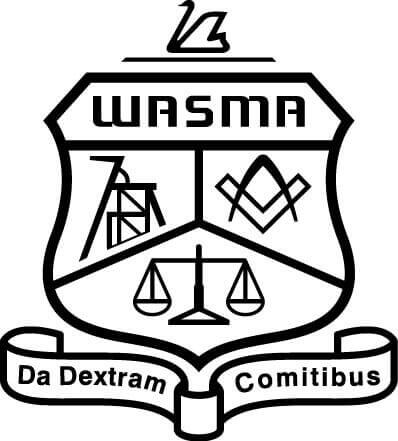Mobile plant is used extensively in the Western Australian Mining Industry. The use of mobile plant has inherently high risk and every year is associated with a significant number of workplace fatalities and injuries. In 2014—2015, four people died while working at a mining operation in Western Australia and three of these fatalities were related to mobile plant which is a significantly high ratio. In 2015—2016 there were 2 further fatalities related to the use of mobile plant equipment in the Western Australian mining industry and mobile plant was a significant cause of employee loss time injuries. Therefore, there is a significant need to develop a framework of interacting factors that contribute to rare yet severe injuries associated with mobile plants. The Triage Hazard Identification and Prevention Model (THIP), to be developed through this research, is a unique approach to access hazards more precisely and adopt appropriate control selection technique. This model will help improve work processes, management systems and organisational safety culture.
The PhD research will be conducted through Curtin University by Faiza Owais under the supervision of Dr Janis Jansz (School of Public Health) and Dr Carla Boehl (Western Australian School of Mines). Scroll down to the bottom of this page to find PDFs detailing the research proposal, and a brief project description that includes a request for research funding. Any assistance with research funding this would be appreciated.
We have permission from Resources Safety to analyse de-identified mobile plant incidents reported by members of the Western Australian mining industry from 1996 to 2016. What is required from industry, as well as funding, is permission to visit the workplace to observe mobile plant in use, to interview mining industry employees who use, maintain, purchase, etc. mobile plant equipment and to to collect on the ground data related to the hazards involved with mobile plant operations and risk control measures.
In addition to benefiting the mining industry and mining industry service providers by enabling work related mobile plant injuries to be minimised from continuing to occur through refocusing incident investigations, identifying potential risks and developing appropriate risk control measures thus reducing the occurrence of low frequency high consequences injuries and improving mining industry workers’ productivity and industry profits, research sponsor companies will receive information on ways to improve the safety of mobile plant operation. This will be in the form of a model that will provide investigators and risk assessment leads to known incidents and injuries across the industry. A customised presentation on the research findings can be given to the sponsor company at the conclusion of the research study, the company logo can be included on any conference presentations on the findings of this research and sponsorship will be acknowledged in publications that results from this research.
If you are willing to assist with sponsoring this research, either financially, and/or with permission to visit your workplace, please phone Dr Janis Jansz (Curtin University) on (08) 9266 3006 or email j.jansz@curtin.edu.au
– See more at: https://www.austmine.com.au/News/articleType/ArticleView/articleId/4434/Risk-Assessment-as-a-Tool-for-Mobile-Plant-Operators-for-Sustainable-Development-Lessons-from-the-Western-Australian-Mining-industry?sthash.43ogdMzy.mjjo#sthash.43ogdMzy.FhtJ65pi.dpuf

The history of the Western Australian School of Mines Alumni (WASMA) reflects the ups and downs of the Western Australian School of Mines (WASM) and the role it has played in supporting graduates in a range of activities and events. It also describes the important role that graduates have played in ensuring WASM remains in Kalgoorlie. Learn more.






